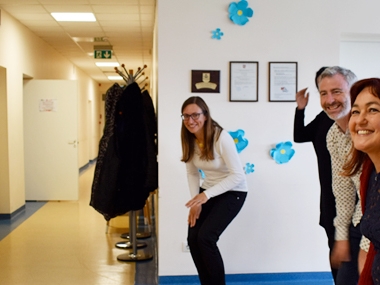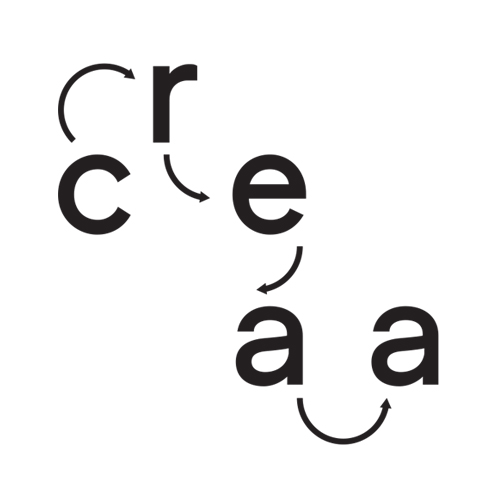4 ways to involve residents in playful activities
Edited on
16 December 2019An article by Simone d'Antonio, Playful Paradigm Ad Hoc Expert

Making residents aware of the opportunities and benefits connected to the use of games is one of the main challenges faced by the cities willing to replicate the playful paradigm. Different strategies have been put in place by Udine and the other cities of the network to attract the attention of different categories of residents towards playful activities and its effects on quality of life and well-being.
A combination between the use of communication tools and relational skills proved to be in many cases effective in raising awareness towards games and playful activities and include them into wider schemes and programs on topics such as public health, education and innovative use of public spaces.
The comparison of experiences and solutions carried out by the partners of Playful Paradigm can be resumed in some concrete tips and suggestions, useful for all the cities active in including games as a cross-sectorial activator of innovation.
Delivering clear messages to the residents
In a strategy based on the principle of making the healthy choice the easy choice, games need to be presented as a way to promote the social and environmental dimensions of sustainability. At this purpose, describing the city as a game board for all the residents where everyone can play and have fun is a key to introduce the playful aspects as elements of urban quality to different categories of residents.
While many cities choose children, families and elderly persons as main targets of their action of promotion of games, the definition of tailored messages can involve also other categories in a collaborative effort towards the promotion of the playful paradigm: social and youth workers, teachers and caregivers can be decisive in co-creating the right communication strategy for local community, to deliver positive and pro-active messages and act as powerful ambassadors of the role of games in the everyday life.
Using social media and interactive tools
Posting on Facebook, Twitter or Instagram news on events and playful activities can be useful not only to update residents on what the city and the local stakeholders are organizing but also to spread positive approaches on games and healthy lifestyles.
Providing through social media information on outdoor activities and cycle paths or fostering the participation to actions of placemaking and tactical urbanism can engage different categories of residents in retaking ownership of public spaces for playful activities.
The digital ecosystem on playful topics of Cork, promoting on Facebook and Twitter the wide range of activities organized by the city and its local stakeholders in the framework of the WHO Healthy City programme, is a good example of how social media can promote positive change and healthy lifestyle in the local community.
Connecting with other urban strategies and events
Games can be part of the everyday life of a city if they are able to permeate different aspects of the life of its residents. This is what many cities of Playful Paradigm are doing to make sure that the playful dimension is connected to other urban priorities and is co-produced in collaboration with the local community.
The active break tested by local schools in Klaipeda is a powerful example of how a simple action like the promotion of physical activity among students between different lessons can involve different categories (teachers, youth and families) in designing and implementing playful actions. On a different scale, taking into account games and promotional activities such as the mobile toy libraries into local participatory schemes, as Esplugues is doing in its Esplugues Participa programme,helps in giving visibility to this kind of activities in the framework of collaborative dynamics established by the city.
 [ed - here's another example of active break experienced by the project partners in Klaipeda]
[ed - here's another example of active break experienced by the project partners in Klaipeda]
Involving games and sport champions as testimonials
The use of testimonials can be particularly important to engage specific categories of residents, such as local youth, in games and playful activities. The visibility given by the city of Udine to the Pi Competition, in which the participants are challenged to memorize as many digits of pi as possible, contributed to make the local champion of this mnemonic game a testimonial of the playful use of mathematics and scientific knowledge.
The involvement of sport champions is particularly relevant also when a city needs to plan and implement bold actions of communication and citizens involvement on games. The participation of football squads, such as Udinese playing in Italian Serie A, or the contribution of champions born in the city and active in philanthropic activities, as the football player Arkadiusz Milik in Katowice, can be important in improving the visibility of the urban strategies on playful activities.
Simone d'Antonio
 Submitted by CREAA on
Submitted by CREAA on
